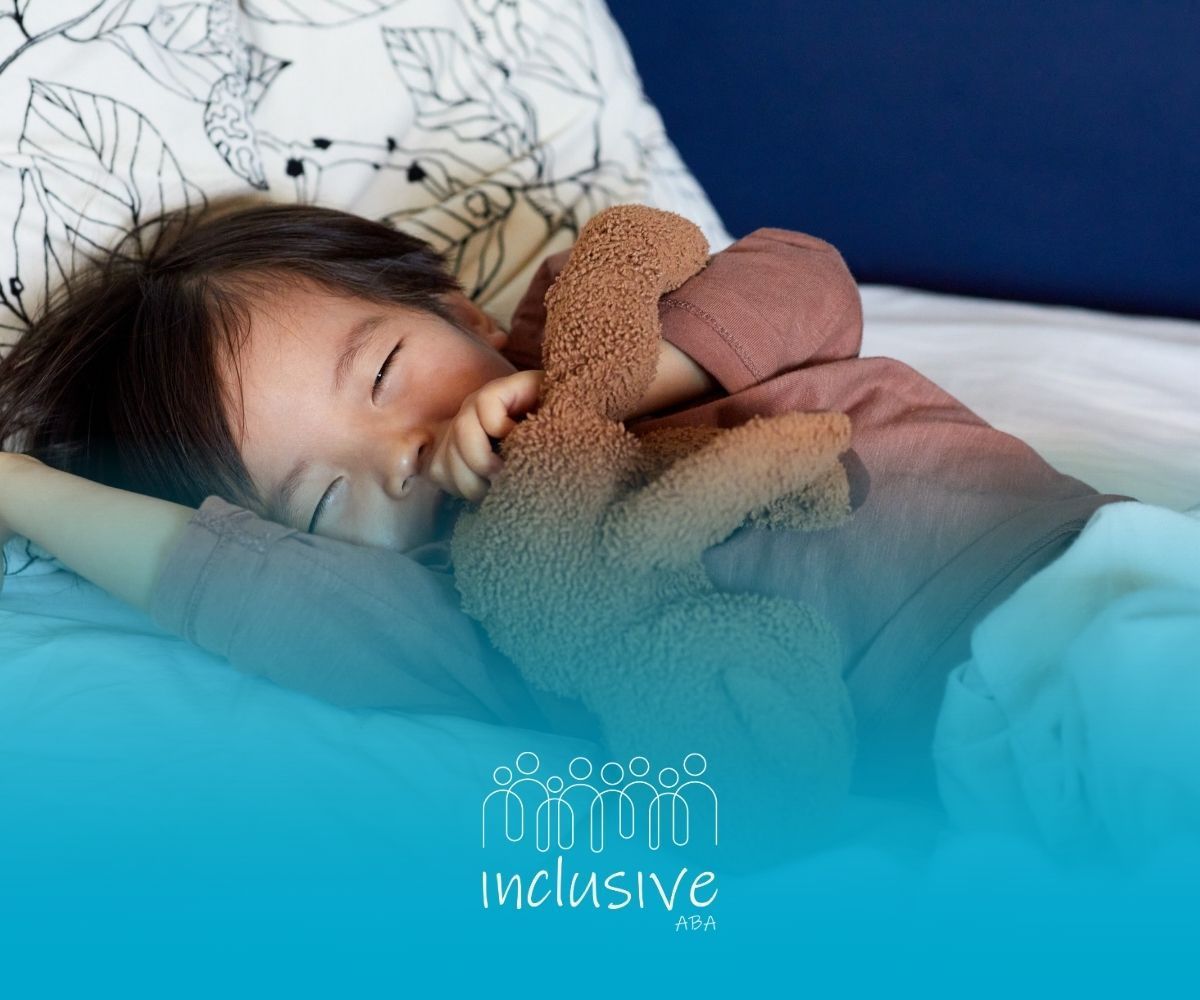When School Feels Overwhelming: How to Help Autistic Kids Cope with Refusal
If mornings often turn into tears, anxiety, or flat-out refusal to go to school, you’re not alone. School refusal in autism is surprisingly common — and it’s rarely about stubbornness.
For many autistic children, it’s a sign of school anxiety, sensory overload, or simply feeling misunderstood. Understanding why your child avoids school is the first step toward helping them feel safe, confident, and supported again.
Why Autistic Kids Struggle with School Refusal
Every autistic child experiences school differently, but there are a few common reasons behind autism-related school refusal. It’s not about “bad behavior” — it’s about coping with a world that feels unpredictable or overwhelming.
Sensory Overload and Environment
Classrooms can be full of challenges — bright lights, buzzing noises, chatter, smells, movement. For a child with sensory sensitivities, that’s a lot to handle.
What feels like a “normal” school day to one child can feel like chaos to another. Sensory overload is one of the biggest triggers for school avoidance in autism.
Social Anxiety and Communication Struggles
Many autistic children find social settings confusing or stressful. Group projects, loud lunchrooms, or changing peer dynamics can cause autistic child school anxiety. When interactions feel unpredictable or overwhelming, school becomes a source of fear rather than fun.
Difficulty with Change and Transitions
Autistic kids often thrive on structure. A new teacher, classroom change, or even a different route to school can trigger anxiety. When the environment changes too quickly, school refusal in autism may be the child’s way of saying, “I don’t feel safe yet.”
Academic Pressure and Executive Functioning Challenges
Tasks like following multi-step directions, organizing materials, or managing time can feel overwhelming. When frustration builds up, autistic students may avoid schoolwork or school altogether to escape that stress.
How Parents Can Support a Child Who Refuses School
There’s no one-size-fits-all answer, but small, compassionate steps can make a big difference.
- Validate their feelings. Let your child know it’s okay to feel anxious or scared.
- Collaborate with the school. Talk with teachers, counselors, or special education staff about your child’s autism support plan.
- Use sensory-friendly strategies. Ask for noise-canceling headphones, a calm corner, or visual schedules.
- Build predictable routines. Visual aids and consistent morning steps help reduce anxiety.
- Celebrate progress. Even getting dressed for school can be a big win.
- Seek professional help. ABA therapy for autism can teach coping skills, emotional regulation, and routines to make school more manageable.
At Inclusive ABA, therapy is about understanding, not forcing. Their compassionate, evidence-based ABA programs help children overcome autism behavior challenges, manage emotions, and feel safe in everyday routines — including school.
Inclusive ABA provides trusted ABA therapy in Nevada, Nebraska, Colorado, Utah, Iowa, and Ohio.
Our services include:
- Home-based ABA for learning and growth in a comfortable, familiar space.
- School-based ABA to improve classroom behavior and confidence.
- Parent training so families can feel confident handling school-related challenges.
Every autistic child deserves to feel calm, understood, and supported — both at home and in the classroom. Learn more about Inclusive ABA and start your journey today.
FAQs
1. What causes school refusal in autistic children?
It often comes from autism-related anxiety, sensory overload, or struggles with change and communication — not defiance.
2. How can I help my autistic child attend school again?
Work with your child’s teachers and an ABA therapist to build structure, consistency, and emotional coping tools. Gradual exposure and empathy go a long way.
3. Can ABA therapy help with autism school refusal?
Yes. ABA therapy helps children build coping skills, manage transitions, and feel more confident in school settings — making attendance less stressful.
Sources:
- https://www.leicspart.nhs.uk/autism-space/education/support-when-an-autistic-child-finds-it-too-difficult-to-attend-school/
- https://link.springer.com/article/10.1007/s12144-025-07593-6
- https://www.autism.org.uk/advice-and-guidance/topics/education/attendance-problems
- https://kidshealth.org/en/parents/autism-factsheet.html
- https://deconstructingstigma.org/guides/school-refusal
Looking for Expert Help? We're Here for You!
Our compassionate and skilled team is devoted to enhancing your child's development through customized ABA therapy. Let us partner with you to create a supportive environment for your child's success.
Discover how we can help your family thrive with expert ABA therapy.
Related Posts







